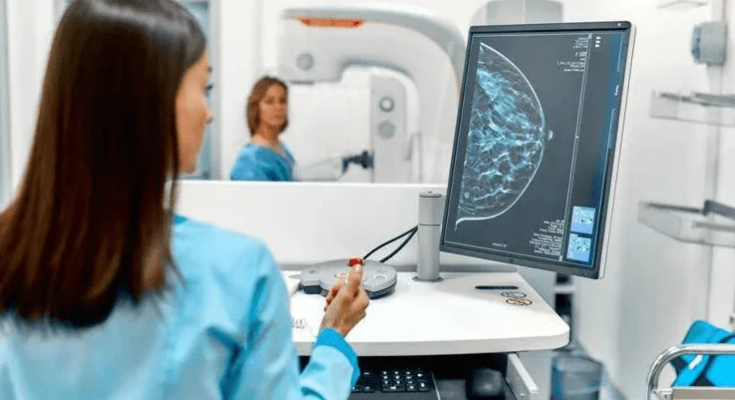In Veneto every year 5,200 women suffer from breast cancer, in fact, in this region, it is the most widespread neoplasm. 5 years after diagnosis, more than 90% of patients are still alive and have a great chance of definitively beating the disease. Treatment possibilities are also growing thanks to better and continually improving therapy options. Even for the most serious and advanced forms of the disease, medical specialists are now able to provide adequate and appropriate treatment as needed. These are some of the data emerging from the conference ‘Metastatic breast cancer: the importance of precision medicine – Veneto Region Focus’, which took place yesterday in Padua at the Iov-Veneto Oncology Institute, which was organized as part of the national campaign promoted by the Aiom Foundation-Italian Association of Medical Oncology and included a tour with meetings in 9 Italian regions.
“The introduction of molecular tests has changed the clinical practice of breast cancer – says Valentina Guarneri, director of Uoc Oncologia 2 Iov and professor of Medical Oncology at the University of Padua – We have managed to go beyond the traditional classification based only on the expression of hormone receptors and the Her2 protein. There are now biomarkers that are also useful for the choice of treatment for metastatic forms of neoplasms. These are diagnostic tools that allow cancer to be characterized from the point of view of its biological behavior. At the same time, they highlight possible responses to treatments that we already use in daily clinical practice. Typically, tumors Hormone-sensitive breasts and Her2-negative breast tumors develop resistance to standard endocrine therapy. With new therapeutic weapons, we guarantee a better chance of cure and survival.
This includes a very specific and important blood test, called a liquid biopsy. “This is a non-invasive test, painless and cheap, but it allows us to obtain information that is very necessary at the moment – explains Guarneri – This test should be carried out only in specialized medical laboratories equipped with adequate up-to-date technology. It can highlight, in a blood sample, the presence of specific mutations such as in the estrogen receptor Esr1 which is present in 30-40% of cases of metastatic breast cancer. From this – he explains – we may be able to use a new class of drugs that have proven effective as a second-line therapy. It is therefore important to be able to give liquid biopsies to all women who need it at a certain rate. Finally, in Veneto, as in the rest of Italy – the oncologists concluded – breast cancer shows a continuous growth in the number of new cases per year.


